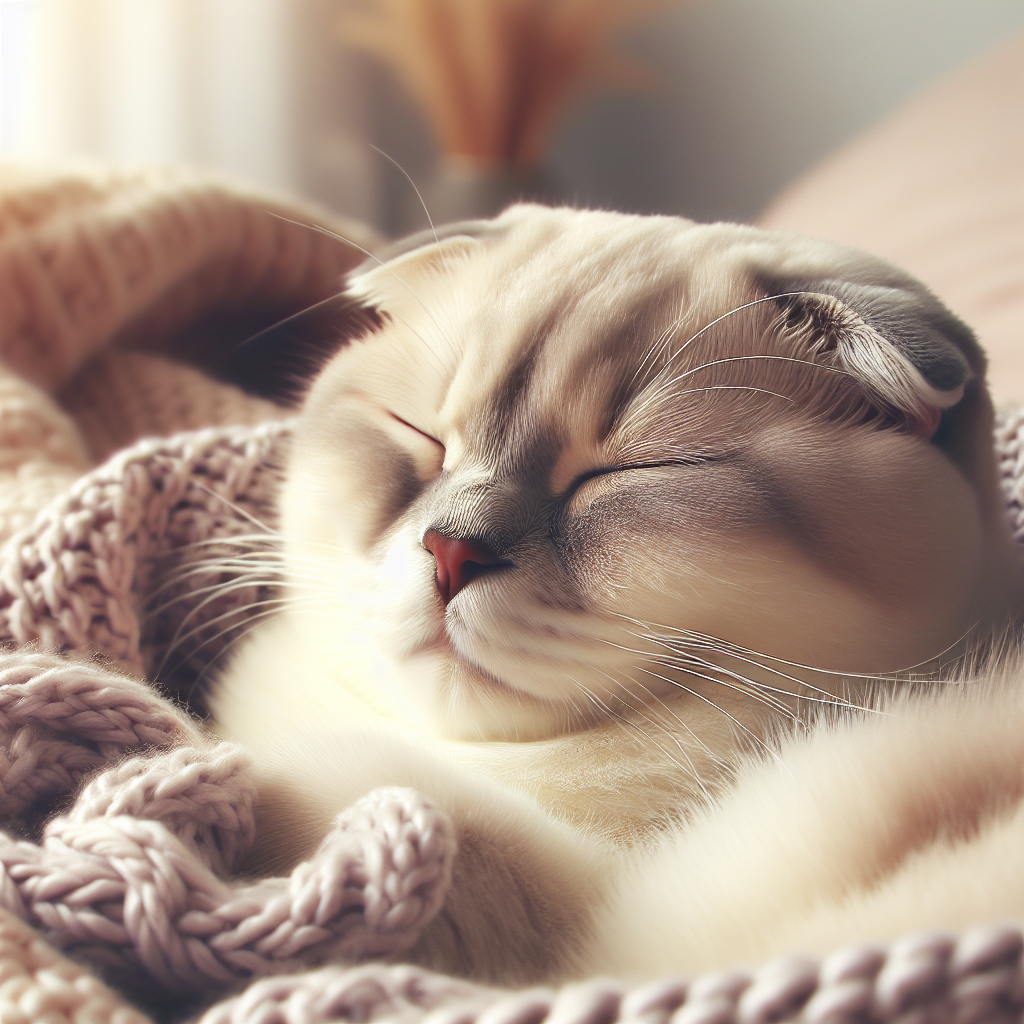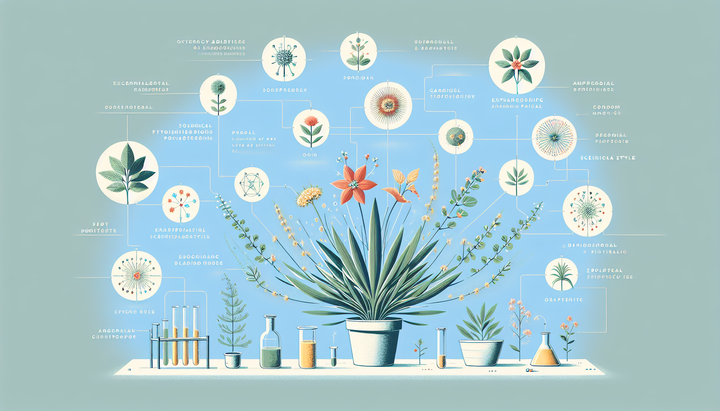Shocking Reason Why Designer Cats May Face a Ban

The Rise of Designer Cats in Celebrity Culture
In recent years, designer cats have gained immense popularity, particularly among celebrities like Taylor Swift and Molly-Mae Hague. Known for their adorable appearances and unique features, these cats are often showcased on social media, stirring a fad among pet lovers. However, the fascination with these breeds, such as the Scottish Fold, may face new scrutiny and legislative action due to underlying health implications.
The Genetic Dilemma of Designer Cat Breeding
At the heart of the controversy is the Scottish Fold cat, celebrated for its distinctive 'owl-like' face and folded ears. These traits, while visually appealing, are the result of a genetic mutation that affects cartilage throughout the body, leading to various painful conditions. According to a recent government report, these traits predispose Scottish Folds to a lifetime of suffering, with symptoms including arthritis and other joint issues that significantly reduce their quality of life.
Scientific Insights Into Health Implications
Scientists and veterinarians have long raised concerns about the ethical implications of breeding animals with known genetic issues. The Scottish Fold's small, folded ears — a key feature that attracted such enormous popularity — are directly linked to cartilage anomalies that affect the whole skeletal structure. These abnormalities not only cause chronic pain but can also result in a shorter lifespan. The report emphasizes the necessity of balancing aesthetic appeal with the health and well-being of these animals.
Growing Calls for Policy Change
The revelation from the recent study has intensified calls for policy changes to better regulate the breeding of designer cats. Animal welfare organizations are urging governments worldwide to consider bans on breeding practices that prioritize appearance over health outcomes. Advocates argue that stricter regulations would discourage breeders from perpetuating these harmful genetic traits and promote more ethical breeding standards that consider animals' long-term welfare.
The Future of Designer Cat Breeds
If new legislative measures are enacted, the future of these beloved designer cats might shift dramatically. Breeders and enthusiasts worry that bans could reduce the availability of such breeds, but proponents argue that this is an essential step toward safeguarding animal health. The debate continues as society grapples with the moral obligations of pet ownership versus the allure of unique traits.
As awareness grows, it is hoped that the trend of valuing aesthetics above health will diminish, ensuring that the legacy of designer breeds does not come at the expense of the well-being of the animals involved. The unfolding discourse promises a significant impact on how society views and regulates the breeding of companion animals in the future.



Comments ()